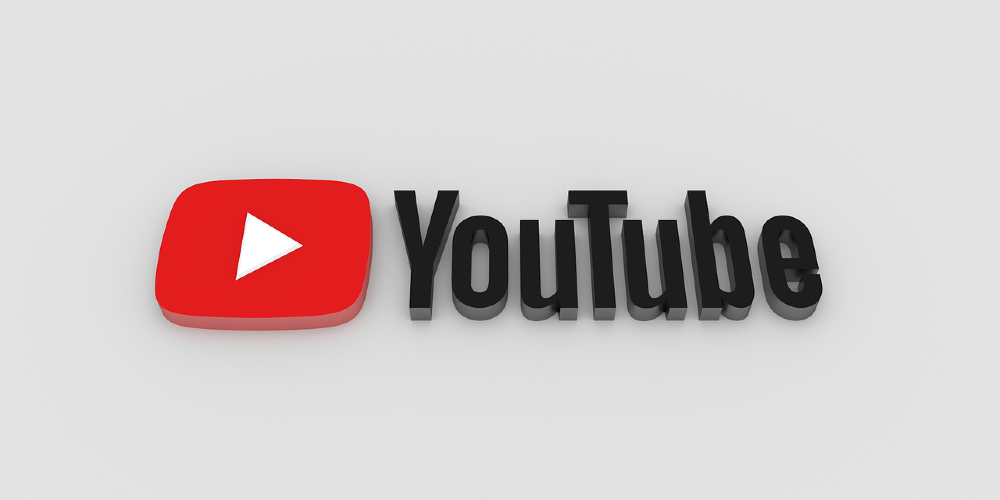YouTube Sets Standards for AI-Generated Content as Part of New Integrity Measures
- 237

Recognized widely as the premier destination for online videos, YouTube is an indispensable application for any user. However, its monumental success also makes it a magnet for malicious entities seeking to exploit its platform. To combat this, YouTube is proactively establishing fresh regulations on AI-generated videos, with implementation slated for the upcoming months.
Content creators using YouTube's platform are soon to be obligated to reveal whether their videos incorporate AI-generated imagery or audio. This is to prevent viewers from being deceived by realistic-looking events or actions that are fabricated through AI technology. Failure to comply with such disclosure could lead to penalties, including content removal or termination from the YouTube Partner Program.
As part of the transparency initiative, YouTube plans to initiate new visual cues for viewers. Acknowledging the potential risk of misleading content, YouTube plans to embed an identifying label within the video description panel to denote AI-altered or synthetic material. Particularly for videos on sensitive matters, a more distinct label will make viewers aware of the nature of the content. Even with correct labeling, videos that breach the Community Guidelines could still face removal.
YouTube also intends to offer individuals the option to motion for the deletion of AI-synthesized content that unlawfully replicates their likeness or voice through the platform’s existing privacy request process. However, not every request may lead to content removal.
Nonetheless, these impending policies signify the end of AI renditions of music on the platform. Recording artists will have the ability to prompt the removal of artificial music content that unlawfully replicates their signature styles.
This approach is somewhat surprising, given that YouTube reportedly had plans to develop a voice cloning feature that could potentially enable users to mimic their favorite singers. But with these upcoming guidelines, such ambitions seem to be on hold for the foreseeable future, reflecting YouTube's commitment to responsibly managing AI's influence on their platform.